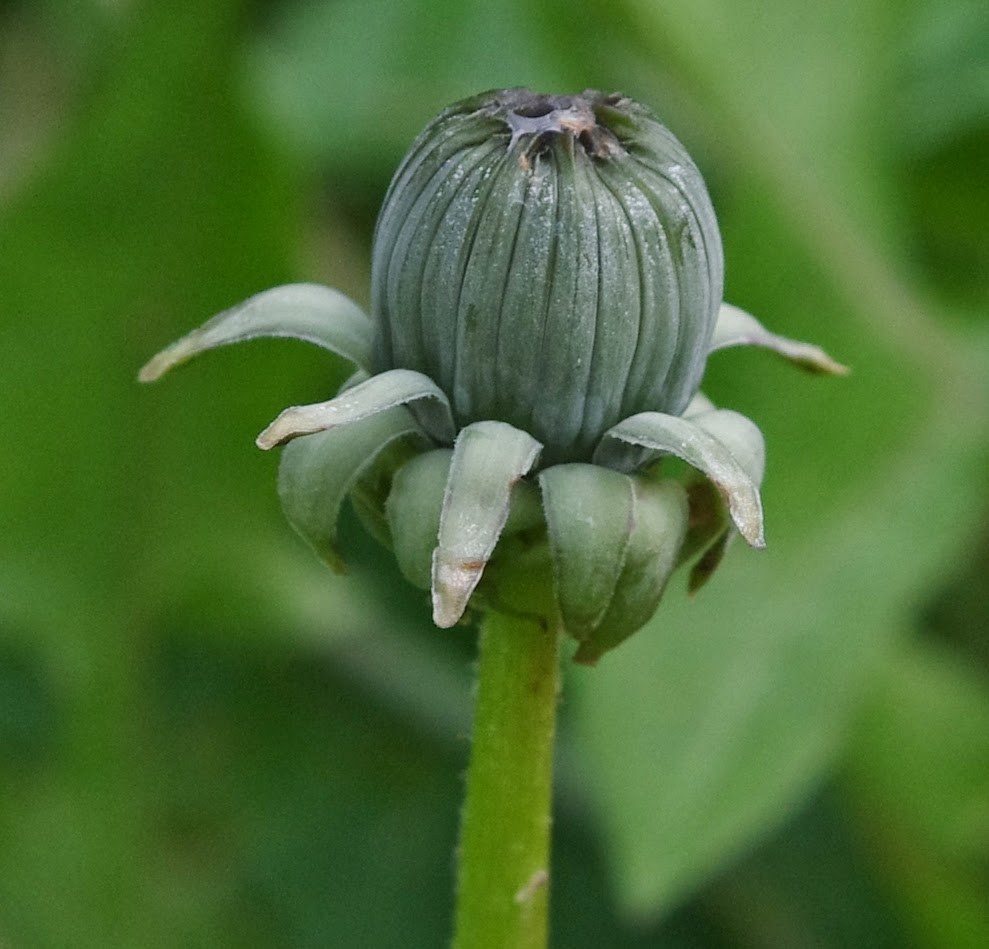I like to think that
am nae feart to be part of an independent and world leading country. I voted Yes in the referendum. But there are times when I
hae ma doots.
There are lots of contradictory voices in my head. Many have a long history. From moment to moment they shape what I consider to be reality. They make a nonsense of the thought that my thoughts and feelings are rational and evidence based. If I am to approach the ‘truth’ it seems necessary to be objective about my subjectivity.
I was born and brought up on a council estate in a rural part of NE Scotland in the second half of the 20th century. The sub-culture was far from progressive. Scottish Presbyterianism was still alive with it’s humorless, God-fearing lifestyle where the devil finds work for idle hands and where everyone knows their place and when to toe the line and doff their bonnet.
I appear to believe that (a) the rich and poor will be with us always (b) there is an ongoing challenge to prevent the rich from over exploiting the poor and the vulnerable and (c) greed is good as a motivator for entrepreneurs - but it is not so good when it whacks a great wedge between the haves and the have nots.
I like to take the long view. Man is a social animal. In the ancestral days of hunting and gathering there was very little division of labour other than in families. Then settled agriculture and city states evolved, and a pecking order with many social roles came into being.
There were two main groups. A rich, powerful elite emerged as royal and superior leaders who were simultaneously bosses, shepherds and substitute parents. They lorded it over the impoverished, powerless masses who became subjects and inferiors who were the sheepish and childlike workers - many of whom were thought of as work-shy and worthless. This gave rise to ‘them’ the powerful and war-mongering few and ‘us’ the powerless factory workers, consumers and cannon fodder – the silent majority that
diz fit its telt and
huds its wheest.
That secular point of view marks the end of the pre-scientific age of myths and magic when God was an old bloke with a beard and an inscrutable take on what is right and wrong. It gradually became clear that his mysterious ways were in fact the secular concoctions of his self-appointed representatives on Earth.
So – the infallible popes, and kings with divine rights were dethroned by the Reformation in the 16th century and by the Enlightenment in the 18th century. Scotland punched well above her weight in charting the move towards empiricism, science and modernity which were the engines that drove democracy and power to the people.
So – history has recorded many of the pre-modern myths and magic. And it is clear that many of them are still active. This might be because human mindbrains are hard wired for ‘religion’ whose purpose is to make people accept the cultural pecking order and status quo. This explains the existence of kings and priests with their witch hunts and inquisitions.
The fouk were feart.
As a youngster I was totally dependent on, and thus inclined to appease, my omnipotent parents. Then by metaphor I appeased my parent substitutes - the all-knowing teacher, minister, policeman, local and national government official, elected politician and my boss. I thus became a well behaved, responsible and dependable citizen – at least in the workplace!
But – these days I meditate. This involves sitting quietly watching thoughts and feelings coming out of the unconscious and then going back in. It is obvious that ‘I’ am not in control. My mind has a mind of its own. It also has a long memory that includes stuff that is hard wired (nature) and stuff that was learned (nurture) when I was an infant, child, adolescent, adult and OAP.
When new stuff turns up in my world (eg the referendum) it is churned together with similar stuff from times past. Dad, Mam, auntie Nan, the minister, and various teachers chip in with bits and pieces that originated with John Knox, David Hume, Robert Burns, Charles Darwin, Mahatma Gandhi, Margaret Thatcher and many more.
It may be a sub-cultural thing but I have problems with authority. These go back to my early years when I was accused of plagiarism but the ideas were my own. And there were the hypocrites in hats traipsing into the kirk on Sunday. And I was enthralled by fiery Anarchist literature eg "If those in charge of our society - politicians, corporate executives, and owners of press and television - can dominate our ideas, they will be secure in their power. They will not need soldiers patrolling the streets. We will control ourselves." [Howard Zinn] Elegant power is when people wear their ball and chain as if it were a fashion accessory and hegemony doesn’t appear to rule.
In my early 20s I graduated as a Zoologist and committed to zero population growth and to finding better ways to be human. A phrase from a Sunday newspaper in the early 70s became implanted in my brain – “neurotic nihilists living in existential vacuums”.
I am now an OAP with lots of foreign cultural experience in my back-story. Even so there are still occasional wafts of (a) existential dread linked to the humble subservience v anti-authority patterns of my early years and (b) cultural relativity leading through phenomenology and post modernism to the Taoist idea that “the reality that can be described is not the real reality”.
So -
Ah hae ma doots. But it is not a black v white thing. And, on the whole, most of the time, I am equanimous and
am nae feart.




.jpg)





